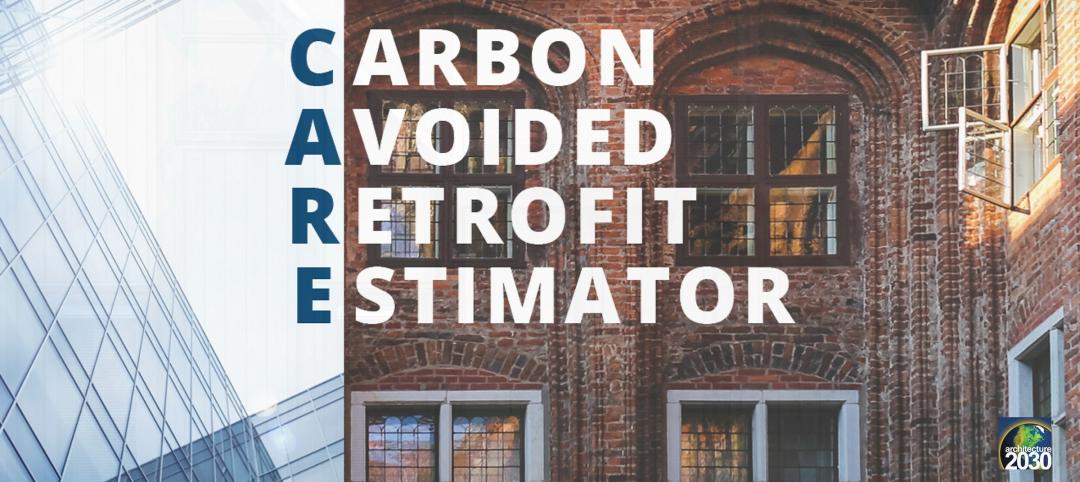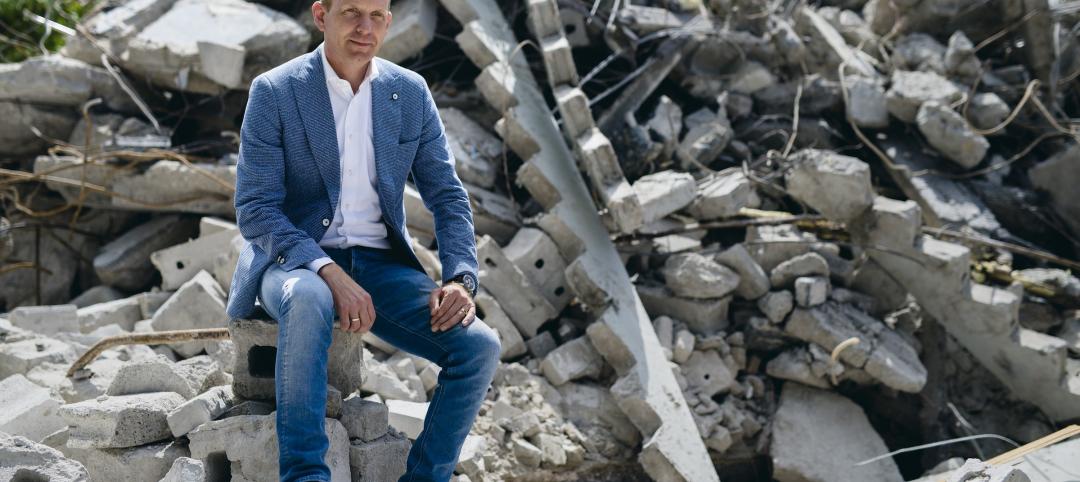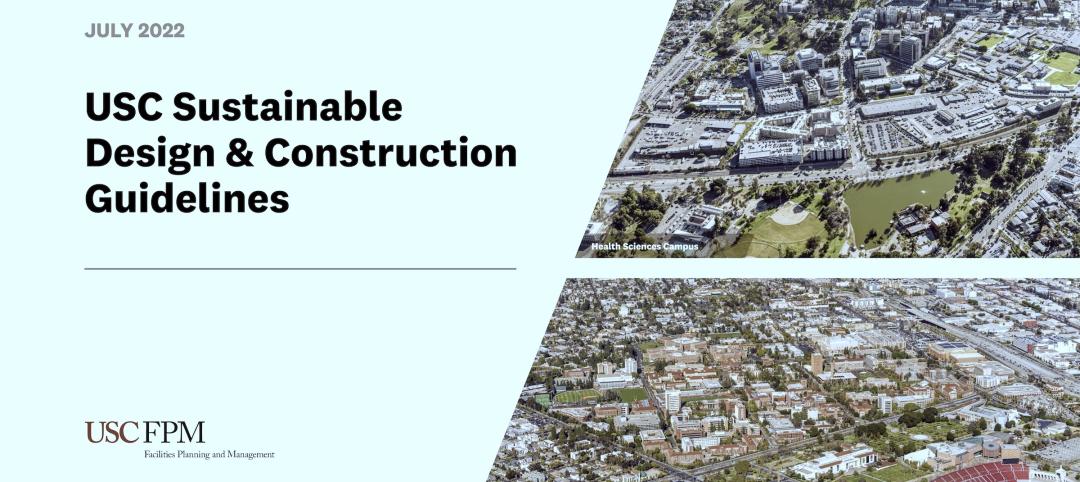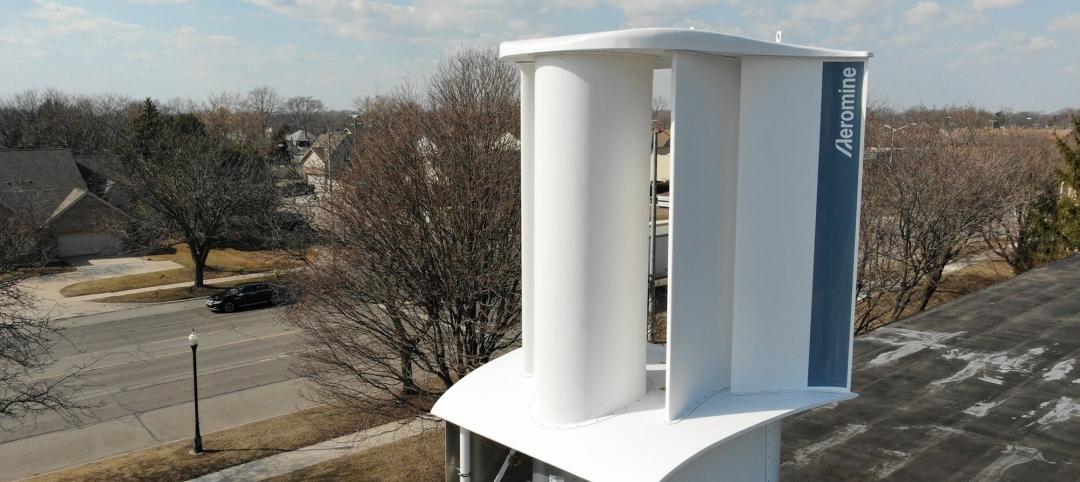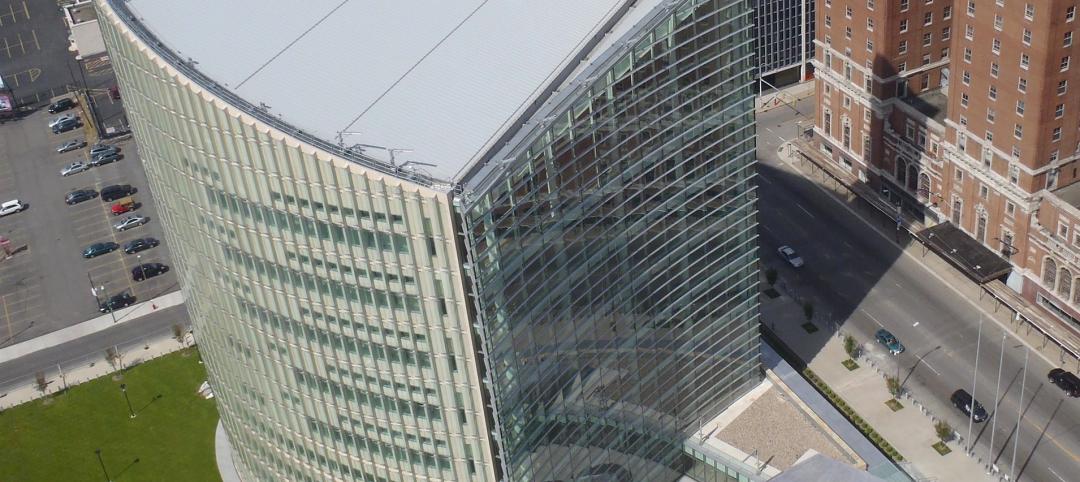The U.S. Green Building Council (USGBC) released its annual ranking of U.S. states leading the way on green building, with Massachusetts topping the list. The USGBC ranking is based on LEED-certified gross square footage per capita over the past year. The LEED rating system is the world’s most widely used green building program and was created by USGBC as a leadership standard defining best practices for healthy, high-performing green buildings.
“It was a strong year for LEED certifications across the U.S. as companies and governments embrace LEED as a tool for meeting ESG goals and organizational commitments to climate action, occupant wellbeing and resource efficiency,” said Peter Templeton, USGBC president and CEO. “LEED buildings are environmentally friendly, cutting their emissions and waste, and use less energy and water. At the same time, they also help reduce operational and maintenance costs, contributing to the bottom line.”
The states following Massachusetts—where 96 buildings encompassing over 26 million square feet were LEED-certified in 2022, equating to nearly 3.7 LEED-certified square feet per resident—were Illinois (3.47 square feet per capita), New York (3.17 square feet per capita), California (2.43 square feet per capita), and Maryland (2.39 square feet per capita).
As a federal territory, Washington, D.C., does not appear in the official top 10 list of states, but it consistently leads the nation in LEED-certified square footage per capita, in part because of the federal government and District’s ongoing commitments to green building. In 2022, the nation’s capital certified over 46 square feet of space per resident across 115 green building projects.
Here are the top 10 U.S. states for green building in 2022
|
Rank |
State |
Projects |
Gross area (SqFt) |
2022 GSF Per Capita |
|
* |
District of Columbia |
115 |
31,759,516 |
46.06 |
|
1 |
Massachusetts |
96 |
26,442,008 |
3.76 |
|
2 |
Illinois |
91 |
44,577,321 |
3.48 |
|
3 |
New York |
142 |
64,042,120 |
3.17 |
|
4 |
California |
386 |
96,457,139 |
2.44 |
|
5 |
Maryland |
80 |
14,769,661 |
2.39 |
|
6 |
Georgia |
66 |
24,068,422 |
2.25 |
|
7 |
Colorado |
59 |
12,532,909 |
2.17 |
|
8 |
Virginia |
95 |
16,289,394 |
1.89 |
|
9 |
Texas |
174 |
48,717,532 |
1.67 |
|
10 |
Oregon |
36 |
6,066,035 |
1.43 |
In 2022, the top 10 states certified 1,225 projects and nearly 353 million gross square feet under LEED.
Since it was first established in 2000, LEED’s metrics-based system has set the standard for healthy, resilient, green buildings. In 2022, USGBC surpassed 100,000 LEED-certified projects globally, totaling more than 11 billion certified gross square feet.
Additional information on the 2022 rankings, along with a listing of notable projects, can be found on our Top 10 States for LEED page.
Related Stories
Green Renovation | Mar 5, 2023
Dept. of Energy offers $22 million for energy efficiency and building electrification upgrades
The Buildings Upgrade Prize (Buildings UP) sponsored by the U.S. Department of Energy is offering more than $22 million in cash prizes and technical assistance to teams across America. Prize recipients will be selected based on their ideas to accelerate widespread, equitable energy efficiency and building electrification upgrades.
AEC Innovators | Mar 3, 2023
Meet BD+C's 2023 AEC Innovators
More than ever, AEC firms and their suppliers are wedding innovation with corporate responsibility. How they are addressing climate change usually gets the headlines. But as the following articles in our AEC Innovators package chronicle, companies are attempting to make an impact as well on the integrity of their supply chains, the reduction of construction waste, and answering calls for more affordable housing and homeless shelters. As often as not, these companies are partnering with municipalities and nonprofit interest groups to help guide their production.
Multifamily Housing | Mar 1, 2023
Multifamily construction startup Cassette takes a different approach to modular building
Prefabricated modular design and construction have made notable inroads into such sectors as industrial, residential, hospitality and, more recently, office and healthcare. But Dafna Kaplan thinks that what’s held back the modular building industry from even greater market penetration has been suppliers’ insistence that they do everything: design, manufacture, logistics, land prep, assembly, even onsite construction. Kaplan is CEO and Founder of Cassette, a Los Angeles-based modular building startup.
Sustainable Design and Construction | Feb 28, 2023
Architecture 2030 launches free carbon calculator for retrofit projects
Architecture 2030’s Carbon Avoided Retrofit Estimator (CARE) tool allows project teams and building owners to accurately quantify the carbon “savings” in retrofit or reuse projects versus new construction.
AEC Innovators | Feb 28, 2023
Meet the 'urban miner' who is rethinking how we deconstruct and reuse buildings
New Horizon Urban Mining, a demolition firm in the Netherlands, has hitched its business model to construction materials recycling. It's plan: deconstruct buildings and infrastructure and sell the building products for reuse in new construction. New Horizon and its Founder Michel Baars have been named 2023 AEC Innovators by Building Design+Construction editors.
Senior Living Design | Feb 15, 2023
Passive House affordable senior housing project opens in Boston
Work on Phase Three C of The Anne M. Lynch Homes at Old Colony, a 55-apartment midrise building in Boston that stands out for its use of Passive House design principles, was recently completed. Designed by The Architectural Team (TAT), the four-story structure was informed throughout by Passive House principles and standards.
Sustainability | Feb 9, 2023
New guide for planning, designing, and operating onsite water reuse systems
The Pacific Institute, a global nonpartisan water think tank, has released guidance for developers to plan, design, and operate onsite water reuse systems. The Guide for Developing Onsite Water Systems to Support Regional Water Resilience advances circular, localized approaches to managing water that reduce a site’s water footprint, improve its resilience to water shortage or other disruptions, and provide benefits for local communities and regional water systems.
Sustainability | Feb 9, 2023
University of Southern California's sustainability guidelines emphasize embodied carbon
A Buro Happold-led team recently completed work on the USC Sustainable Design & Construction Guidelines for the University of Southern California. The document sets out sustainable strategies for the design and construction of new buildings, renovations, and asset renewal projects.
Sustainability | Feb 8, 2023
A wind energy system—without the blades—can be placed on commercial building rooftops
Aeromine Technologies’ bladeless system captures and amplifies a building’s airflow like airfoils on a race car.
Codes and Standards | Feb 8, 2023
GSA releases draft of federal low embodied carbon material standards
The General Services Administration recently released a document that outlines standards for low embodied carbon materials and products to be used on federal construction projects.






